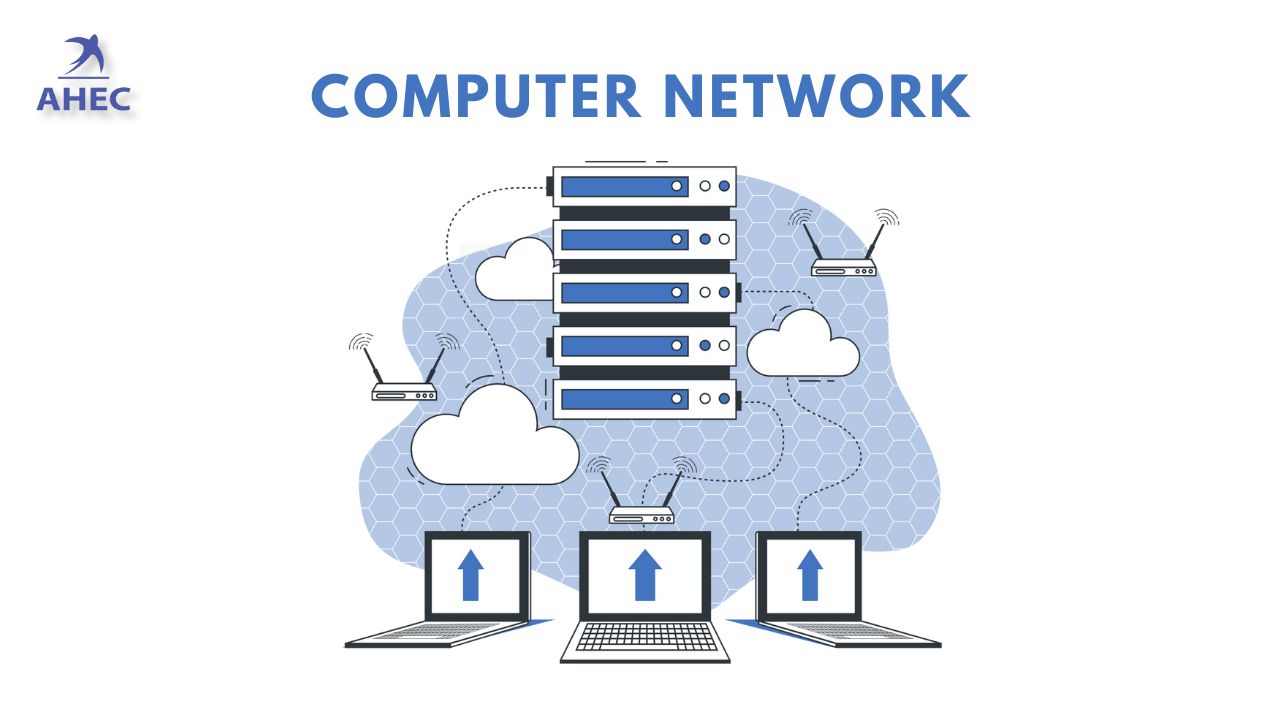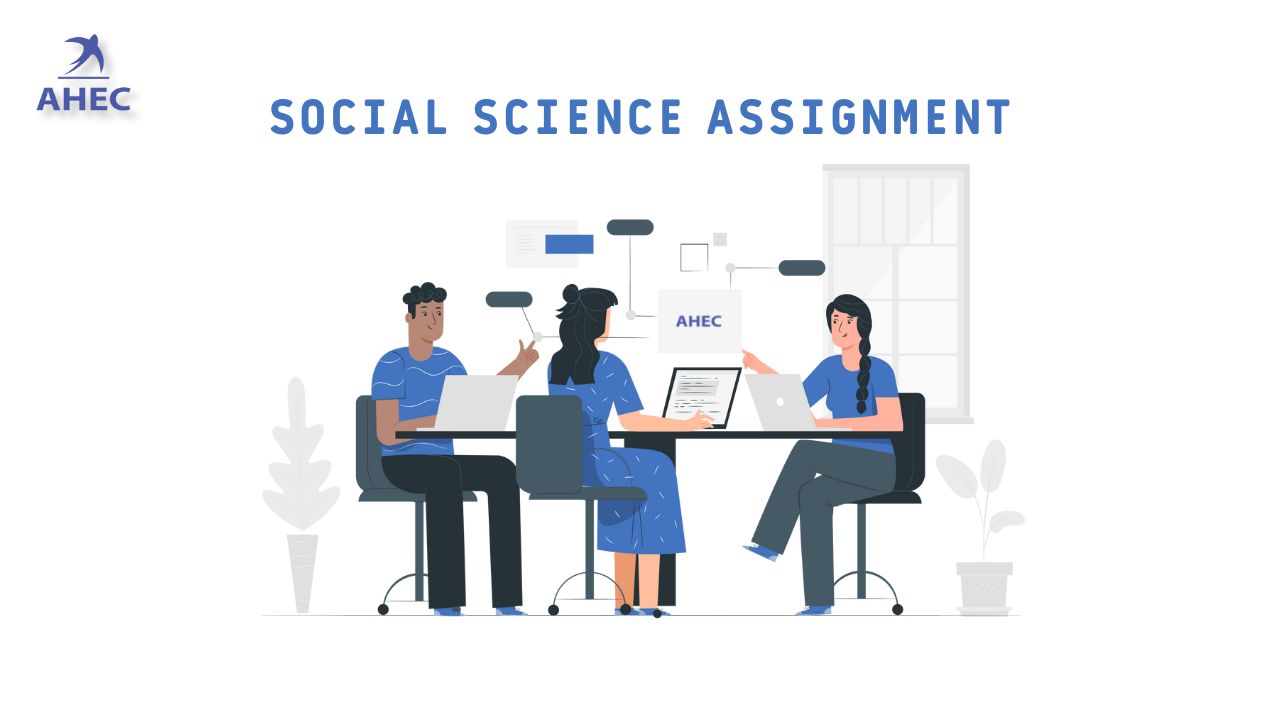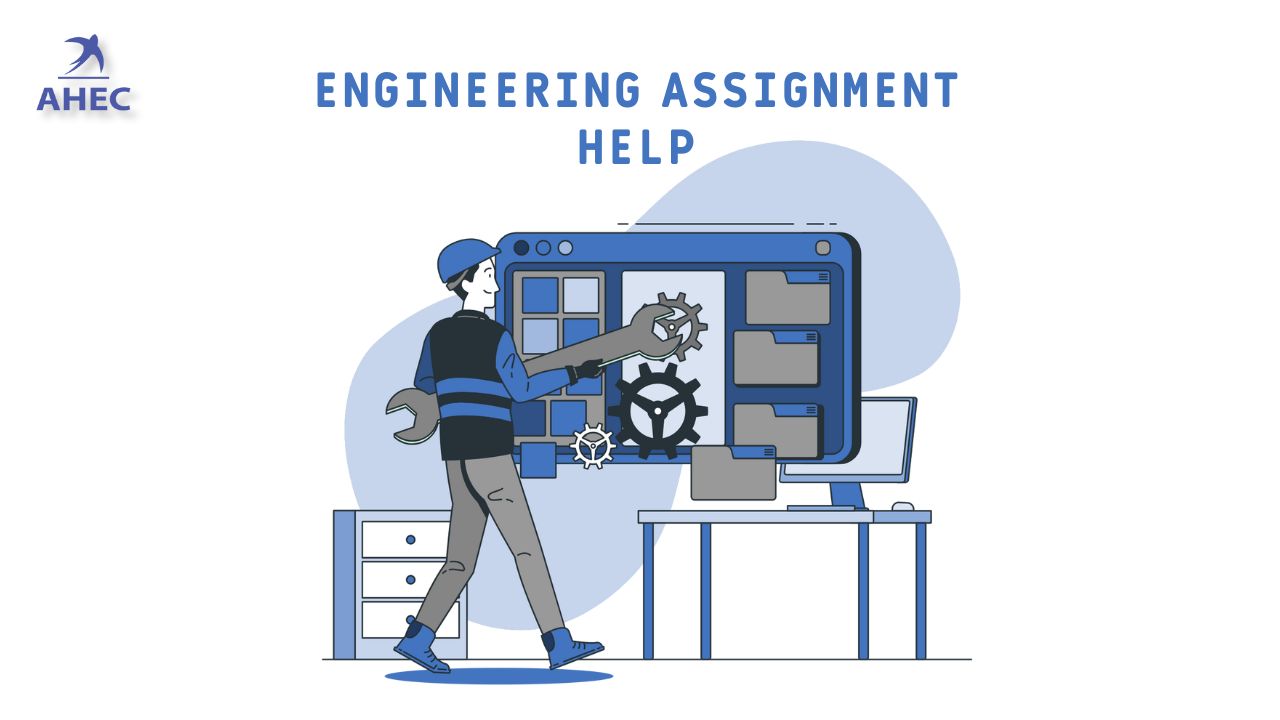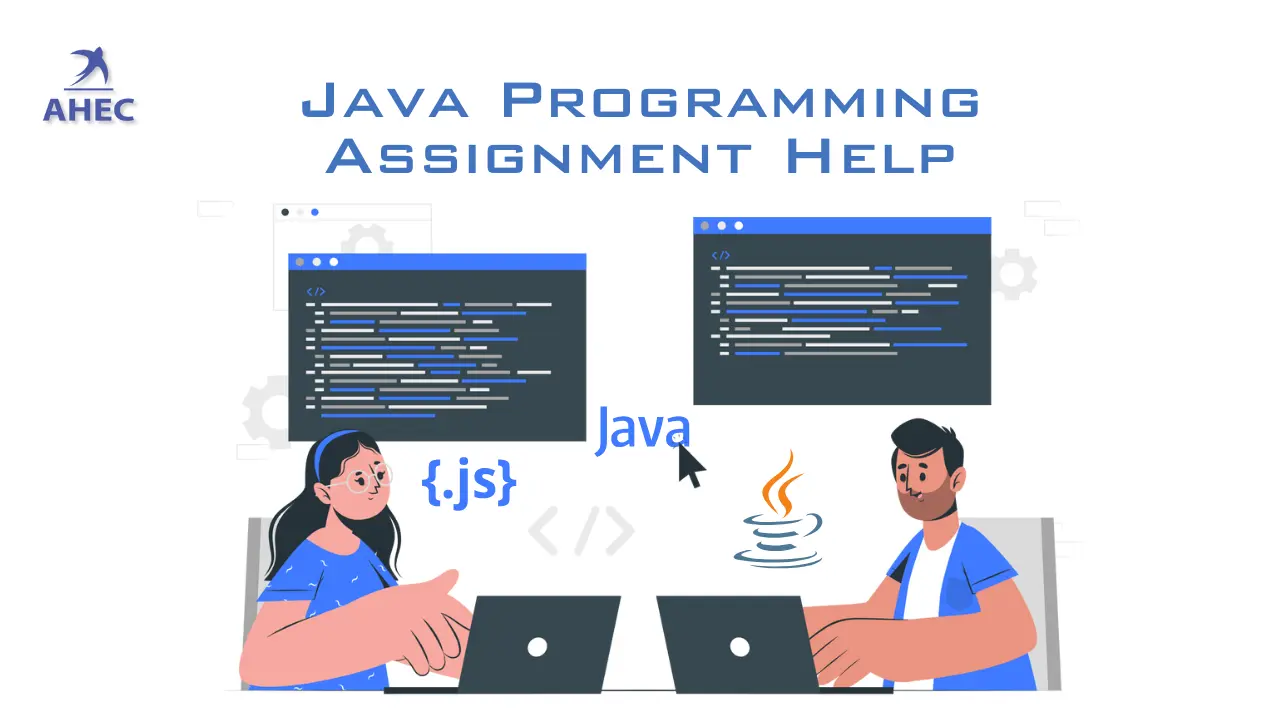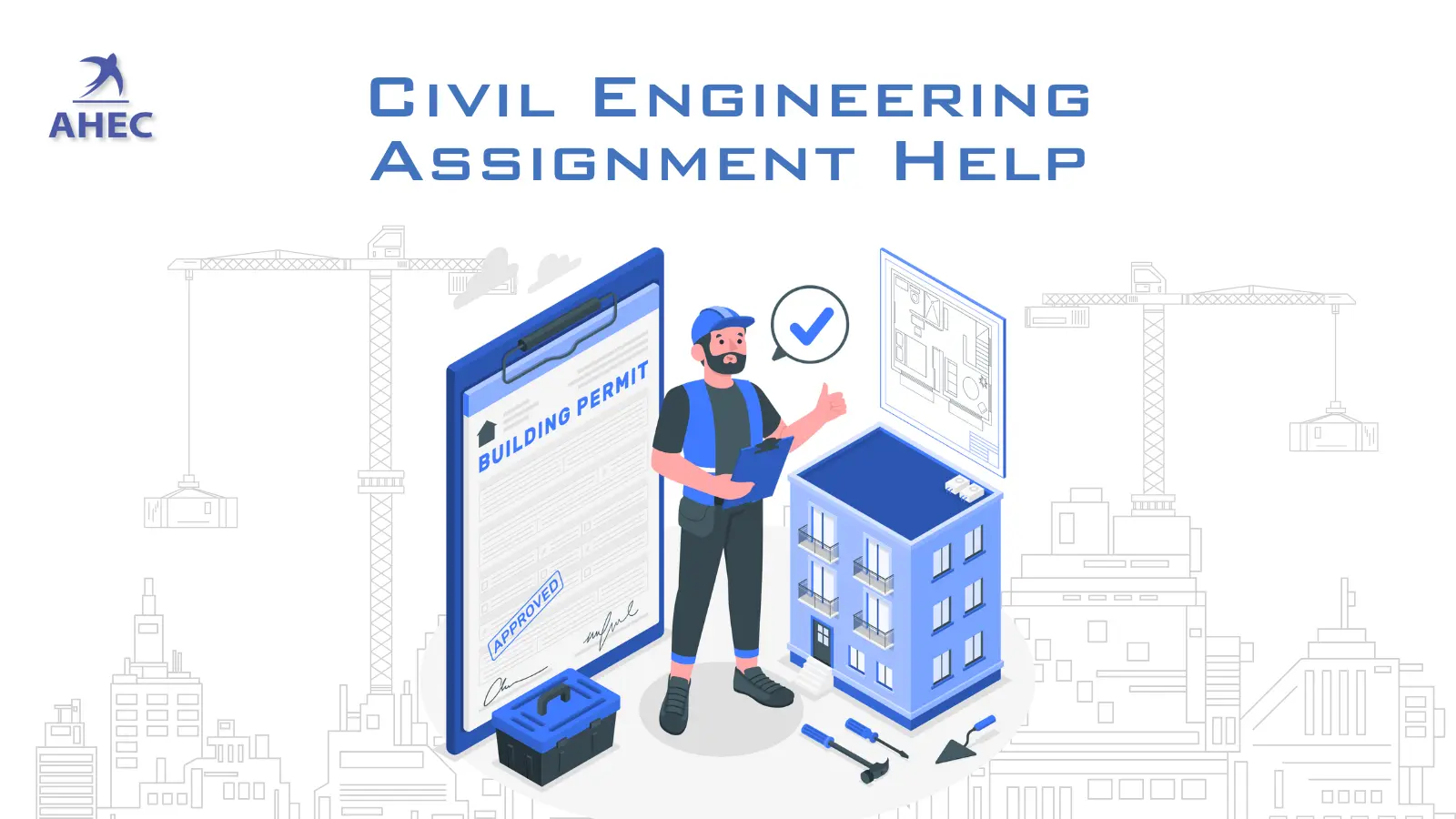The Indeed Editorial Team comprises a multi-talented and talented group composed of researchers, writers, and experts in the field armed with the data and insights of Indeed that provide helpful tips to guide your career path.
In a competitive employment market, employers are more likely to hire those with a master's degree than someone with the same experiences and a less prestigious education. Master's degrees can help you acquire specialization that can assist you in advancing your job. The master's degree you earn can be a sign to employers that you're dedicated and have the determination to succeed in your job.
What exactly is a Master's?
Master's degrees are advanced degree that demonstrates the person's knowledge and expertise in a particular subject. The typical degree program includes 30-60 credit hours of classes that relate to a specific specialization. In order to be enrolled in the master's degree program, a candidate must possess an undergraduate degree, preferably in a field that is related to the program. Graduates may join the workforce with greater abilities and knowledge or pursue a degree that includes doctoral studies in order to develop their expertise in their field.
Master's degree holders can pursue their studies in various fields, including language, business, history, science, and health. Universities might offer different graduate programs, and the curriculum can be different. It is helpful to study master's programs in order to identify which one is suitable for you before submitting an application.
The elements of master's degree programs
Master's degree programs have elements that set them apart from undergraduate degrees, such as:
Duration
A master's degree typically lasts between one and three years, based on the subject and the university. Undergraduate degree programs typically take a minimum of four years to for completion. A doctoral program may take as long as eight years.
Admission prerequisites
Candidates generally need an undergraduate degree prior to applying to a master's program. Certain colleges require applicants to submit official transcripts, submit an essay, take part in an interview with the admissions committee and pass their GRE or GMAT test. Many universities will also require letters of recommendation provided by previous employers or professors to assess the candidate's character and commitment.
Coursework
Graduate courses tend to be larger than undergraduate courses. Since the class sizes are usually smaller, students are able to have more interaction with their instructors. Instead of long lectures, classes could include discussions where students are all involved.
Requirements for graduation
According to the program, the student will be required to write a thesis or pass an examination that counts for an advanced degree. A thesis is a formal academic paper or essay that describes the results of a student's study or analysis of a particular subject or theme. Exams usually consist of open-ended and multiple-choice questions.
The ten benefits of obtaining the master's degree
There are many benefits when you earn a master's degree, which includes:
-
Higher salaries
The completion of a master's program can boost your earnings potential. Based on the field, the person who has a master's degree might earn more than those who have an associate's or bachelor's degree in a related field. You could contact your current employer or conduct a search to determine what this means for your particular field.
-
Advancement opportunities
The completion of a master's program can make you more qualified for managerial and leadership jobs. Many employers looking for the most senior positions prefer hiring people who have advanced degrees. For instance, occupational therapists, social workers, and nurse practitioners need master's degrees in order to be employed.
-
Competitive advantage
The master's degree may aid in separating you from the other applicants in the process of hiring. If you've earned a master's degree, you might have a higher chance of being offered an offer to work than applicants with associate's or bachelor's degrees. A master's degree will let employers see that you're dedicated to working, passionate, and committed to succeeding in your job.
-
Opportunities for networking
A master's degree will give you greater chances to connect with other professionals from your industry. Furthermore, internships could bring you in contact with professionals who are experts in the field you study and could lead to an offer of employment after the completion of your studies. At a minimum, you'll be able to expand your professional network as you develop your professional career and gain expertise in your area of study.
-
Higher education preparation
If you're planning to pursue an advanced degree, like a Ph.D., M.D. or J.D., graduating from master's programs within a similar field may assist you in preparing. Although most professional schools do not require a master's degree, obtaining one could demonstrate your commitment to your field. It also lets you make a stronger application that impresses admissions committees.
-
Flexibility
Another benefit of master's courses is that they typically offer a wide range of options. Some master's degree programs are completely online, which allows students to be part of the program while keeping up with their current obligations. This makes getting a master's level degree while working full-time much easier and more accessible to people.
-
Improved personal development
Master's degree programs also aid individuals in their personal growth along with their skills and knowledge. Most postgraduate courses require students to complete their work on their own, under the guidance of their instructors, which requires them to prioritize their projects and then submit them in accordance with deadlines. This will help you build your independence, self-motivation, and prioritization abilities.
-
The possibility of switching career paths
If you're considering changes in your career, the master's degree may help you in this process. Most master's degrees accept those with backgrounds that differ from their degree, which allows them to select a new area to acquire knowledge and develop skills. For instance, if you're a bachelor's student in science, but you want to work as an executive, You could take a course in the Master of Business Administration (MBA) to be prepared for this field.
-
Increased credibility in a field
The completion of a master's program can improve your reputation in your field of study and can be beneficial in your job search or working in your field. People with a master's degree typically have specialized knowledge that people without degrees might not be aware of. Therefore, master's programs will make you an expert in your field, which can lead to increased trust and respect in your field.
-
Access to industry and university sources
Many institutions and universities which offer graduate programs offer students access to numerous academic and professional resources. For instance, the institution could host regular workshops for professional development or events for networking. Utilizing and participating in these events can enhance your professional horizons and provide access to opportunities that you might not be able to access otherwise.


















